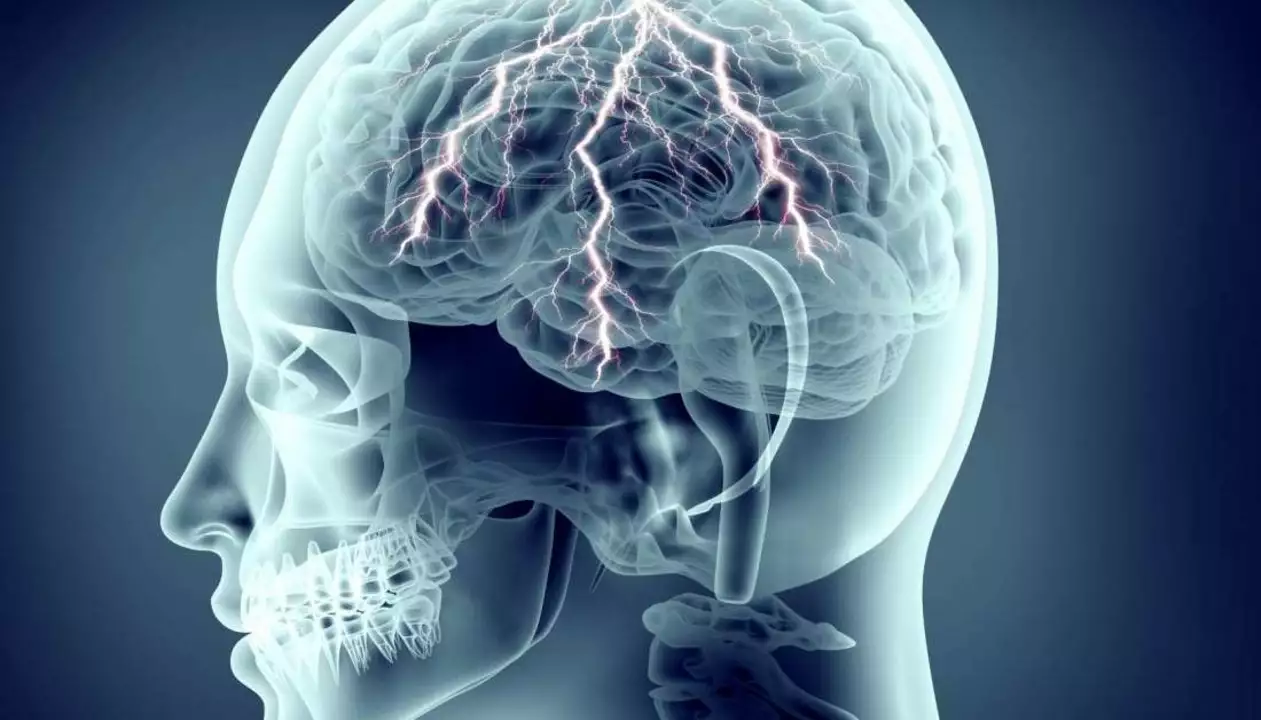Autism: Practical Support, Treatments, and Medication Safety
Autism affects lives in many ways, and families need clear, practical information they can use today. About 1 in 36 children in the U.S. are identified with autism, so chances are you know someone navigating diagnosis, therapies, and daily care. This page collects straightforward guidance on treatments, medication safety, compounding options, and where to find reliable information.
Medications and safety
Medications can help with specific symptoms like severe irritability, anxiety, or attention problems, but they are rarely a complete solution. Two drugs approved for irritability in autism are risperidone and aripiprazole; both need close monitoring for weight gain and metabolic changes. Other medications are used off-label to target sleep, hyperactivity, or mood—always discuss risks and goals with a trusted clinician before starting or changing any drug.
Compounded medicines sometimes offer useful alternatives when standard doses or formulations don’t fit a child’s needs. For example, a child who can’t swallow tablets may do better with a flavored liquid made by a licensed compounding pharmacy. If you consider compounding, choose a reputable pharmacy, verify sterility and labeling, and ask your prescriber for a written formulation and dosing plan.
Therapies and daily support
Therapies remain the foundation of care. Evidence-backed options include behavioral therapies such as applied behavior analysis (ABA), speech and language therapy, occupational therapy, and social skills training. Early intensive therapy often gives the biggest gains, but useful progress can happen at any age. Track goals in writing and review progress every few months with therapists and your medical team.
Practical daily tips can make life easier. Create simple visual schedules to reduce stress, break tasks into small steps, and keep sensory-friendly routines for sleep and meals. Use clear praise and consistent limits. When behavior changes suddenly, check for medical causes like pain, constipation, or sleep disruption before assuming it’s just behavior.
Finding trustworthy information matters. Prefer sources that cite research, list authors with credentials, and avoid sites pushing quick fixes or miracle cures. Ask your pediatrician, developmental pediatrician, or a pharmacist for referrals to accredited therapy centers and compounding pharmacies. When using online pharmacies, confirm licensure, require a prescription, and avoid vendors that sell controlled drugs without proper oversight.
If you’re the caregiver, protect your own energy. Join a local support group, look for respite services, and keep a short list of emergency contacts and medical details in your phone. Small planning steps save a lot of stress during tough days.
School plans and legal supports matter. Get an IEP or 504 plan that lists accommodations, sensory breaks, and testing supports. For teens and adults, build a transition plan covering work, housing, and healthcare handoffs. Medication reviews should happen at least yearly; check weight, sleep, and labs recommended by your clinician. If you shop for prescriptions online, keep all receipts and pharmacy contact info, and never share your prescriptions with others.
Ask questions until you feel confident always.

- 8 Comments
As a blogger, I've recently come across some fascinating research on the connection between partial onset seizures and autism. It appears that individuals with autism are more prone to experiencing partial seizures as compared to the general population. This connection could be attributed to the fact that both conditions involve irregular brain activity and neurotransmitter imbalances. Understanding this link between partial onset seizures and autism could potentially lead to better treatment options and management strategies for those affected. It's crucial that we continue to explore this connection to improve the lives of individuals with autism and seizure disorders.
